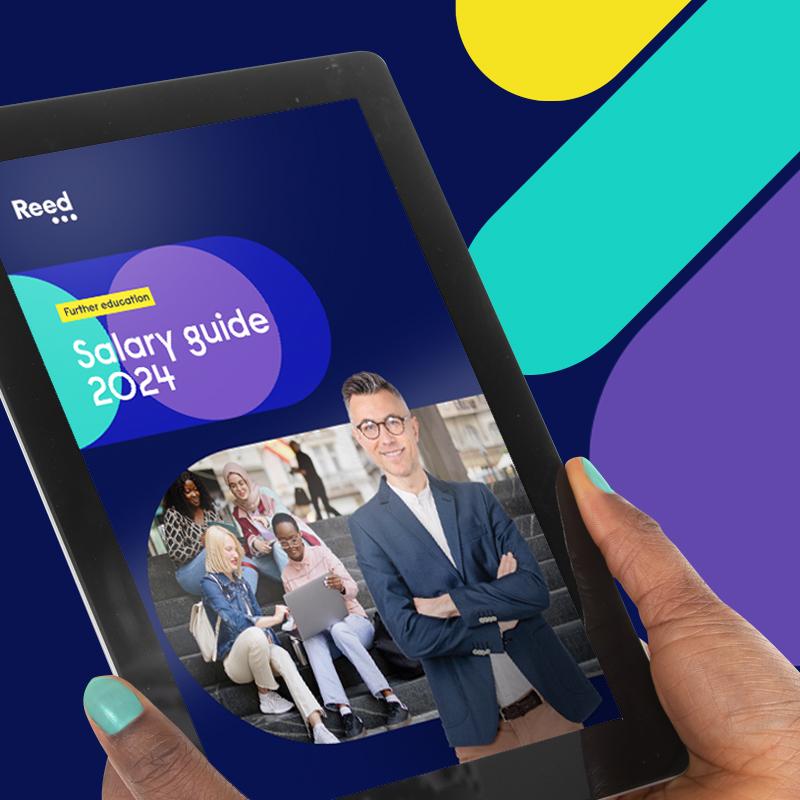Cyberbullying is on the rise and as technology evolves, perpetrators are finding new ways to taunt their victims. However, just as advances in tech provide opportunities for misuse, they are also likely to provide the solution to the problem.
A look at the NSPCC’s website gives an indication of how much worse bullying has become since pre-internet days – and the detrimental impact it has for those on the receiving end, who often feel there’s no escape from their tormentors. Anxiety, depression, and low self-esteem are just a few of the reported effects, which can have long-term implications on a young person’s educational success and how they feel about themselves as they enter the world of work.
Cyberbullying statistics
According to recent research by anti-bullying charity, Ditch the Label, up to 27% of surveyed students in schools and colleges across the UK reported having experienced some form of cyberbullying. The research also showed online gaming to be a particularly toxic environment with up to 57% of young people aged 12-25 experiencing bullying behaviour when playing video games online.
However, statistics like this may soon be much reduced, if not a thing of the past, thanks to the University of Gloucestershire’s latest research using AI tools and techniques to detect, prevent, and respond to cyberbullying. Through Natural Language Processing (NLP) and predictive modelling, algorithms instantly analyse online comments, messages and posts to identify harmful language and behaviour for review by administrators.
AI to the rescue
The university’s new AI modelling software is trained to predict who is most at risk of becoming a victim of cyberbullying and takes proactive measures to prevent it. Now being scaled, the AI tool will be used to launch awareness campaigns based on cyberbullying scenarios.
At the same time, the university’s partnership project with The Cyber Trust has seen developments in their app SpeakOut!, featuring real-life examples of how young people make choices about difficult online issues. It has a quiz-style scoring system that shows whether a user’s decisions to hypothetical situations are positive, neutral or potentially negative – helping them figure out the best strategies to cope with a situation.
As technology changes, it’s vital to stay aware of the latest government legislation around cyberbullying – and where to turn for help should you, as an educator, or the young people in your community, become targets. As AI becomes smarter, we can hope further education institutions will be leading the way in providing the necessary information to support young people – apps such as SpeakOut! are only the start.
In 2021, the government funded key organisations to support schools in combatting online bullying. Through the £1m package, there are various programmes and projects aimed to educate staff and students on the correct procedures to follow when faced with abuse, and signposting to helpful resources. With this foundation in place, we can hope that by the time a child reaches further education, they will have a good understanding and confidence in protecting themselves online and be quick to flag any incidents among their peers.
The forthcoming online safety bill, due to become law this year, will also help the cause by setting a precedent and demanding companies do more to protect their users or face strong penalties. Overseen by watchdog Ofcom, the new regulations aim to inspire a culture of greater respect online for generations to come.
Leadership and inclusivity play their part
Let us not forget we cannot rely on tech alone. In its further education staff guidance: Safe from Bullying in Further Education Colleges, the Department for Innovation, Universities & Skills [now the Department for Business, Innovation & Skills] outlines the enduring importance of good leadership to “maintain policies and respond to bullying incidents”, and an inclusive environment that “encourages values such as respect” as key to successful outcomes.
If you are looking for your next role in further education, get in touch with one of our specialist consultants today.




